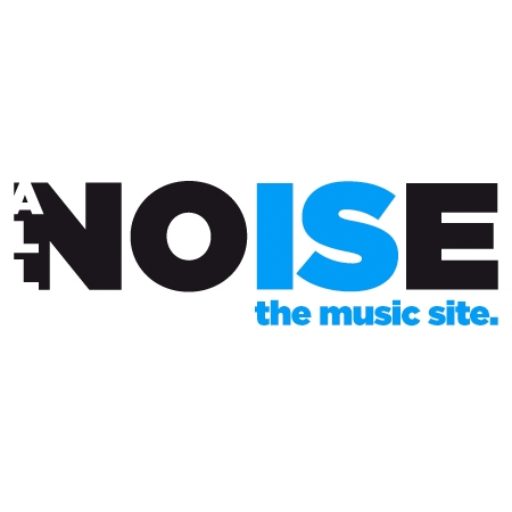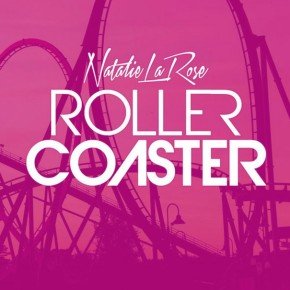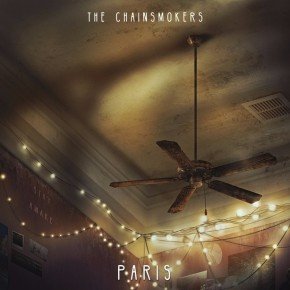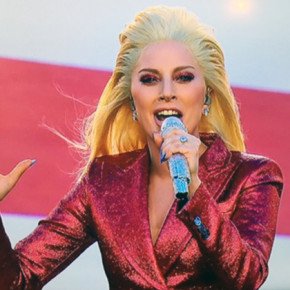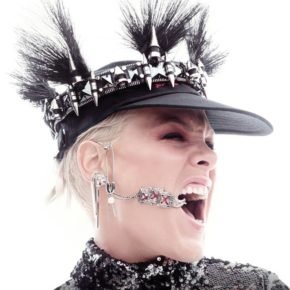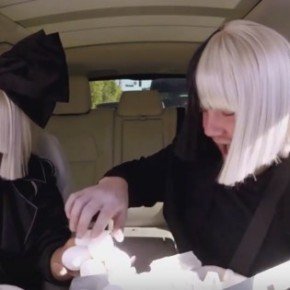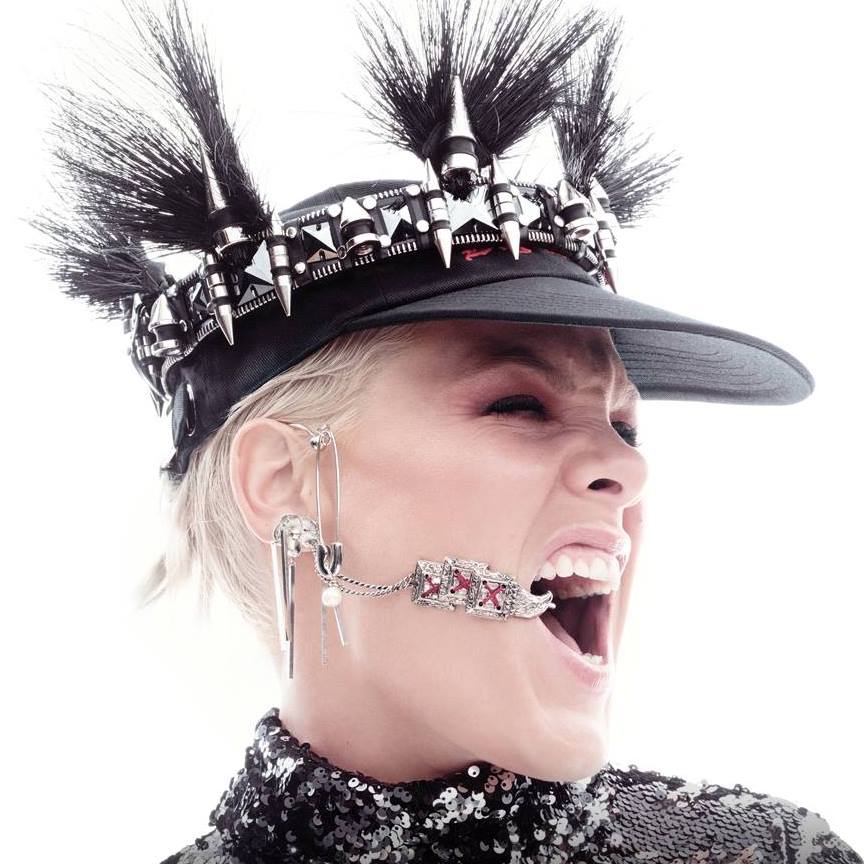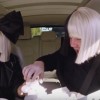Social Media and networking sites are being used more and more frequently by musicians and artists to promote their music and gain the attention of the British public. Exploiting our online presence and our need to feel a part of popular culture, it seems that many organisations are now jumping on the bandwagon and using online marketing strategies to swell popularity. Whether through viral ads such as the fantastic ‘Old Spice’ campaign (“I’m on a horse”) or the Christmas campaign to stop Simon Cowell from dominating the charts and place ‘Rage Against the Machine’ at number 1; these marketing methods are savvy and effective utilising word-of-mouth advertising to get the best results.
The ‘Rage Against the Machine’ campaign was a perfect example of victory against the industry big-wigs. Started as a joke in November 2009 by Chelmsford-based rock DJ Jon Morter to prevent X-Factor winner, Joe McElderry, from clogging up the Christmas Number 1 with a gooey cover version of Journey’s ‘Don’t Stop Believing’, the campaign quickly snowballed. His campaign was, in part, helped by the support of comedian Peter Serafinowicz who urged his thousands of Twitter followers to join in. This led to additional support from Paul McCartney and ,strangely enough, former X-Factor contestant, Steve Brookstein, who obviously was of the opinion ‘if I can’t make it, then why should Joe’? No bitterness there then.
This however, wasn’t Jon’s first foray into social networking campaigns. His success in placing ‘Rage Against the Machine’at the top of the charts was spurred on by his previous endeavour in 2008 to bring Rick Astley to the Christmas Number One spot; again in competition with X-Factor winner, Alexandra Burke. This unfortunately wasn’t successful but having succeeded in propelling Astley to the lower regions of the chart he wanted to give it another try.
2010 saw a similar campaign in which a compostion by American experimental composer, John Cage, was championed on Facebook for the Christmas number one. The piece of music, 4’33’, was composed in 1952 for any instrument or combination of instruments but with instructions in the musical score that the performer must not play the instrument for the entire duration of the piece!. So…4 minutes and 33 seconds of silence! Unsurprisingly the campaign didn’t work but since then there have been many others.
Another Facebook campaign was started by fans of the Britpop band Shed Seven calling on organisers to adopt their track ‘Going for Gold’ as the Olympic anthem. With celebrity-backing from former Radio 1 DJ, Chris Moyles, it quickly spread across the UK with 100s of Facebook users spreading the word. Although the band split in 2003 and pursued different careers (Drummer, Alan Leach, began work on a successful iPhone quiz app called Speed Quizzing whilst Rick Witter continued to play with a new band) they reformed in 2007. Sadly, the campaign was not a success but who knows what social media and networking will bring in the coming years.
Discover more from All-Noise
Subscribe to get the latest posts sent to your email.
